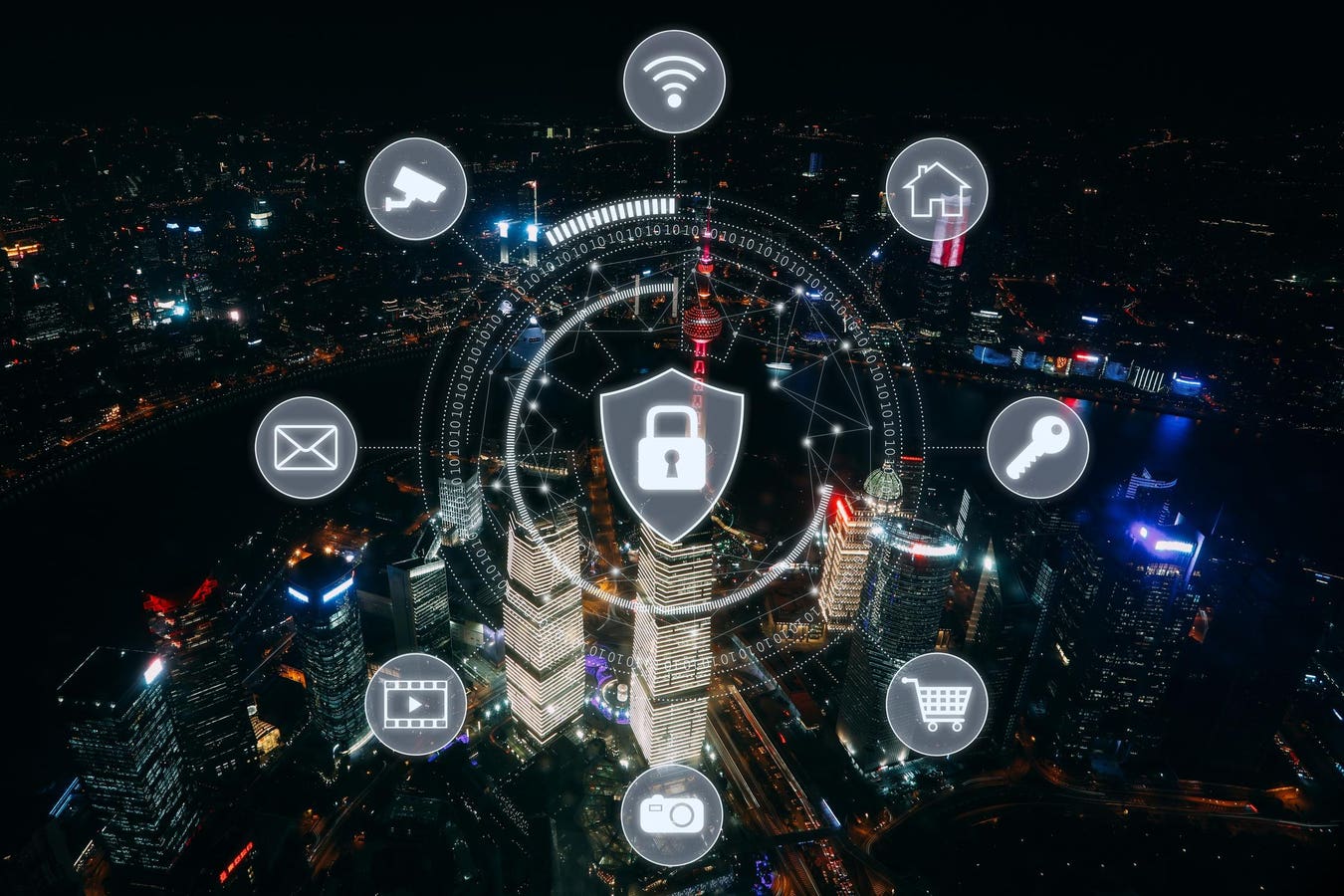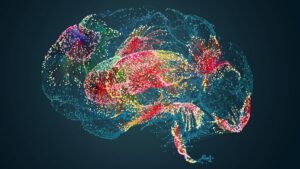The Implications of Agentic AI for Security Operations

Understanding the Challenges in Security Operations Centers
Today’s Security Operations Centers (SOCs) are facing immense challenges. They are not only defending against external cyber threats but are also inundated with internal alerts. Teams are overwhelmed, dealing with an influx of notifications and using a variety of tools that often do not communicate effectively with each other. This chaotic environment leads to issues like burnout and inefficiency among analysts, contributing to a growing gap in the cycle of detecting and responding to security incidents.
For many professionals in cybersecurity, this situation is all too familiar. The traditional methods of alert detection and response have become outdated. The standard tiered model—where human analysts sort alerts based on urgency—has reached its limit. Continuous alerts, many of which are false alarms, clog the system and hinder effective action.
The Role of Agentic AI
One potential solution that has come into focus is agentic AI. This advanced form of artificial intelligence goes beyond the capabilities of traditional automation and machine learning. Designed to operate independently, it learns from past incidents and can make decisions that lessen the workload of human analysts, all while maintaining transparency in its processes.
But is agentic AI truly an innovation, or just another marketing term? Its potential to dramatically alter SOC operations is worth exploring.
Tackling the Alert Overload
The sheer volume of alerts poses a significant problem for SOC teams. A recent survey revealed that on average, SOC teams handle nearly 4,000 alerts daily, but almost two-thirds of these go ignored due to their low priority or being false positives. Although Security Orchestration, Automation and Response (SOAR) tools promised to streamline these processes, many have provided limited benefits, mainly focusing on ticketing and basic orchestration.
As Brian Murphy, CEO of ReliaQuest, discussed, typical SOAR solutions often end up being little more than basic workflow distributors rather than genuine automation tools. Most users’ experiences find that while they have these tools, few are effectively harnessing them for advanced automated operations.
The Unique Features of Agentic AI
Agentic AI stands out because it is equipped with “agency,” meaning it can act and make choices. Unlike static protocols, agentic AI adjusts dynamically to learn from experiences, analyst feedback, and the context of the environment. It can pull relevant data from various systems—like endpoints, networks, and threat intelligence— synthesizing this information to make quick, wise decisions.
Murphy highlights that in ReliaQuest’s GreyMatter platform, agentic AI operates in a transparent manner. Analysts can review and adjust decisions made by the AI, which fosters accountability and trust. This approach addresses the industry’s valid concerns regarding over-reliance on AI for critical decisions, ensuring human oversight remains a priority.
Reducing Analyst Burnout
Perhaps the most profound advantage of agentic AI is its potential impact on the workforce. Cybersecurity professionals often face significant burnout due to the monotonous and repetitive nature of handling Tier One alerts—many of which hold little value.
Murphy is candid in his assessment: “We need to stop relying on humans for Tier One and Tier Two alerts.” By allowing AI to handle more basic tasks—such as log management and user behavior analysis—analysts can devote their skills to higher-level, more strategic decisions.
High-Level Goals of Agentic AI
The idea is not to replace human jobs but to enhance them. By diminishing the reliance on human analysts for basic tasks, organizations can invest in training and building leaders in cybersecurity. The aim is to create teams that are better equipped to hunt for threats, analyze risks, and lead cross-functional initiatives.
In times of growing cyber threats, the need for skilled professionals in cybersecurity is more vital than ever. Agentic AI is positioned not as a job eliminator but as an asset that allows existing personnel to work smarter.
The Industry Movement Toward Agentic AI
With significant investments like ReliaQuest’s recent $500 million funding, the trend toward adopting agentic AI in cybersecurity is on the rise. Many organizations are now focusing on AI-powered platforms that enhance analyst effectiveness without complicating their toolset further. The challenge is not that AI will dominate the industry; rather, companies that overlook this technology might risk falling behind.
Ultimately, agentic AI might not be the cure-all for every SOC challenge, but it represents a significant step toward achieving greater visibility, speed, and productivity in cybersecurity operations.






